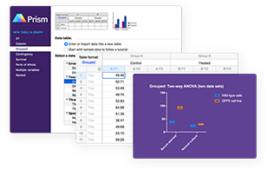Octopuses are both Clever and Coordinated

This is the octopus at the Hebrew University who proved not only smart but agile in receiving rewards. Courtesy of Hebrew University photo |
In case you thought that octopuses were smart only in guessing the outcome of soccer matches (remember the late Paul the octopus in Germany who picked all the right winners in last year’s world cup matches in Johannesburg?), scientists have now shown that not only are they smart, they can make some pretty good moves as well. Octopuses are among the most developed invertebrates. They have large brains and are fast learners. With eight arms and no rigid skeleton, they perform many tasks like crawling, swimming, mating and hunting. And unlike most animals such as humans — who are restricted in their movements by a rigid skeleton which helps in determining the position of their limbs – octopuses have limitless flexibility.
But because they have no such rigid structure, it was believed that the octopuses have only limited control over their eight flexible limbs. However, researchers at the Hebrew University of Jerusalem have shown otherwise. They developed a three-choice, transparent, acrylic glass maze that required the octopus to use a single arm and direct it to a visually marked compartment outside of its tank of water that contained a food reward.
The octopuses in the experiment learned to insert a single arm through a central tube, out of the water, and into the correct marked goal compartment to retrieve the food reward. This success was dependent on visual information, which the octopuses were able to translate into a series of coordinated movements made by a single arm and retrieve the food. They were also able to repeat this process.
The completion of this task shows for the first time that an octopus can direct a single arm in a complex movement to a target location. Motor control issues, such as this, are the basis of an ongoing European Union research project aimed at building a “robot octopus.” To understand how the octopus controls its movements, and to what extent it controls them, is therefore an important base for the design of the control architecture of a robot devoid of a rigid skeleton.
The research was reported on in a recent edition of Current Biology, and was authored by Tamar Gutnick, Binyamin Hochner and Michael Kuba of the Interdisciplinary Center for Neural Computation at the Alexander Silberman Institute of Life Sciences at the Hebrew University, and Ruth A. Byrne of the Medical University of Vienna, Austria




